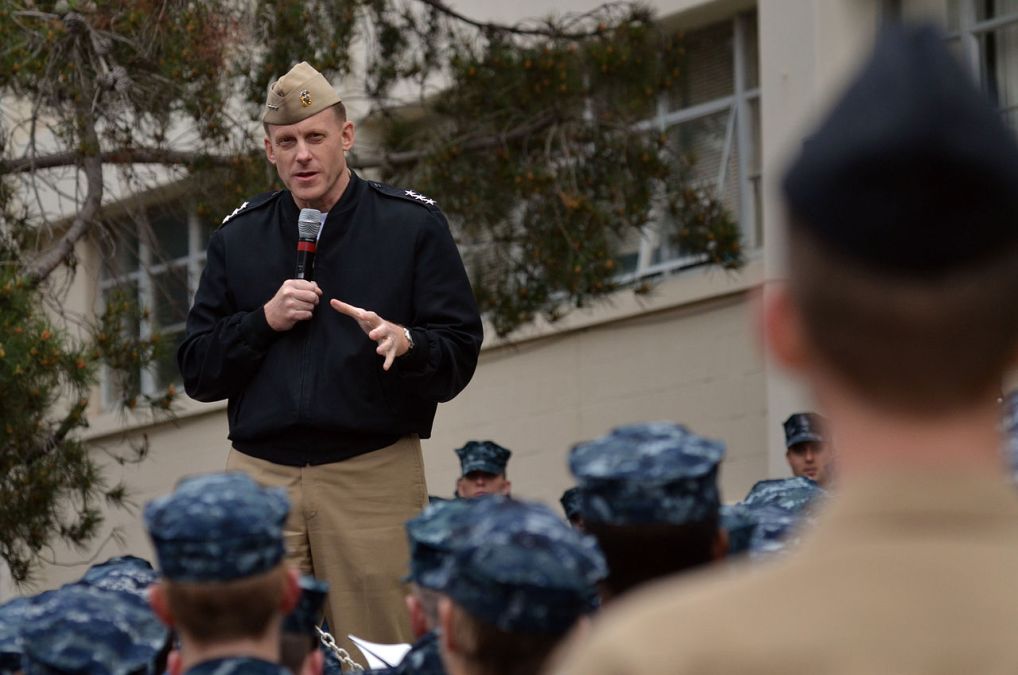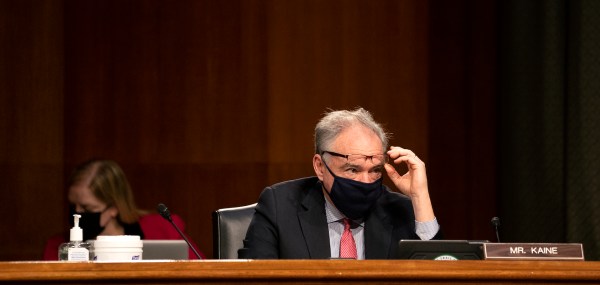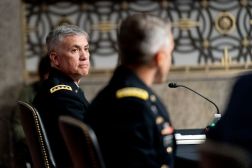NSA’s Rogers asks for big budget bump to separate U.S. Cyber Command

The nation’s top cyberwarrior bluntly told a House panel Tuesday that it would take a 16 percent increase in U.S. Cyber Command’s budget to separate it from the NSA and become a full-fledged combatant command, as lawmakers want.
“To execute our mission I have asked for a budget of $647 million, which is a nearly 16 percent increase from 2017,” Adm. Michael Rogers told a hearing of the Armed Services Subcommittee on Emerging Threats and Capabilities convened by Chairwoman Elise Stefanik, R-N.Y., to examine the fiscal 2018 request for Cyber Command.
Rogers, who leads Cyber Command and is also NSA director, said the money would be spent “building out” the command’s cyber fighting units, called Cyber Mission Forces, and other cyber-specific capabilities. The 6,200-strong CMF is on track to be fully operational by Oct. 1 next year, he said.
The National Defense Authorization Act for fiscal 2017 mandated the elevation of Cyber Command — which is currently subordinate to U.S. Strategic Command — to a fully fledged combatant command.
Although the NSA has accepted the idea of splitting off Cyber Command and quantified the cost of that process, Rogers said his “dual hatted” nature as leader of both does offer “a significant benefit right now for these two organizations.” Supporters of the dual-hat structure say Cyber Command gains from its proximity to NSA’s elite hacking teams.
Rogers demurred when asked about a timeline for a breakup, saying that was the president’s decision, although he added he had laid down some conditions that needed to be met before the transition went ahead.
“We spent much of the past year working our way through the specifics of how we would do that, and if a decision is ultimately approved we’re prepared to apply that … in a timely manner,” he said.
He added that the command was already conducting what he called without elaboration “full-spectrum” cyber-operations. He noted that “conflict in the cyber domain … unfolds according to its own logic, which we continue to better understand.”
As the command develops its offensive capabilities, Stefanik said she and ranking member Rep. James lagevin, D-R.I., were drafting legislation to increase congressional oversight of sensitive military cyber-operations — including a requirement that the Defense Department notify Congress when information is disclosed without proper authorization, she said.




